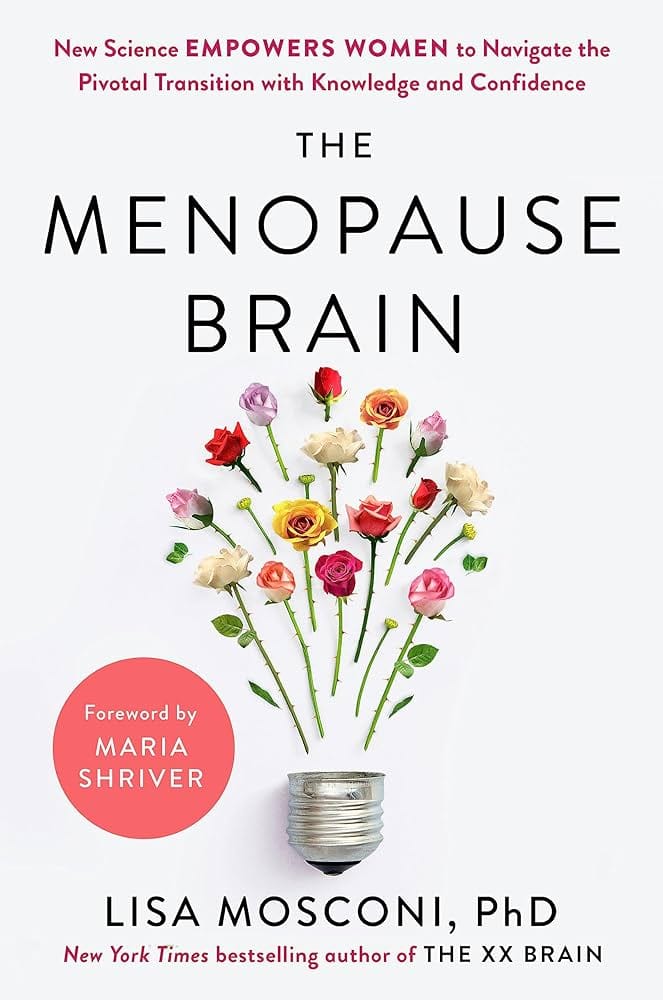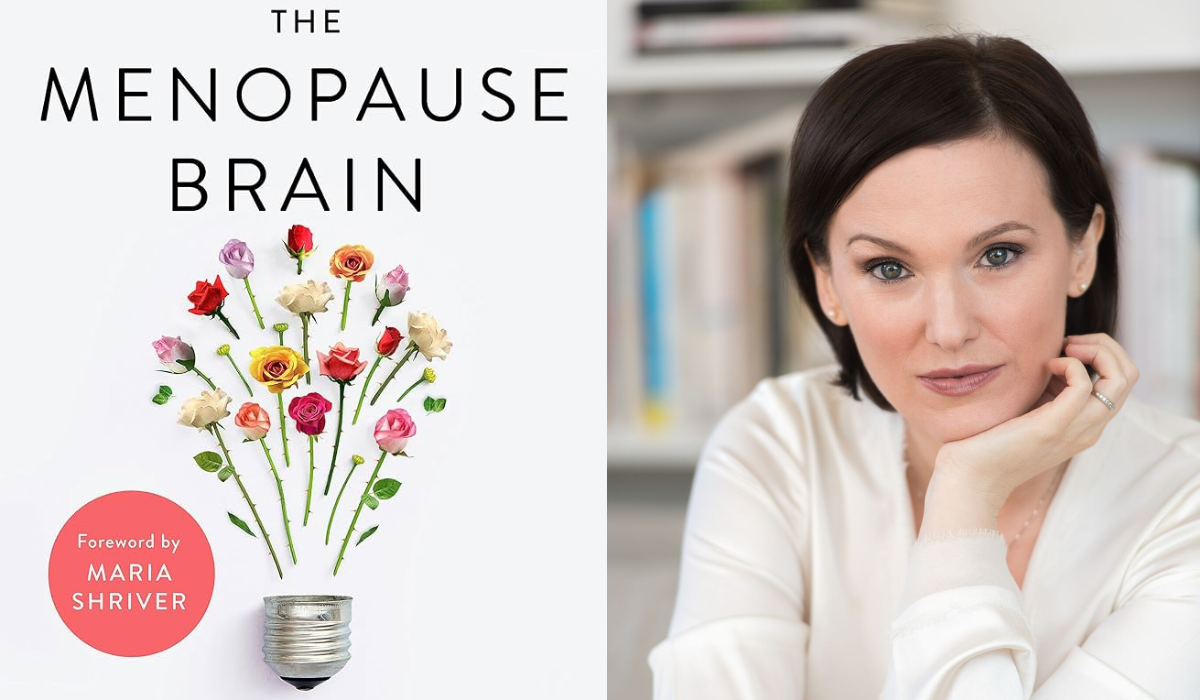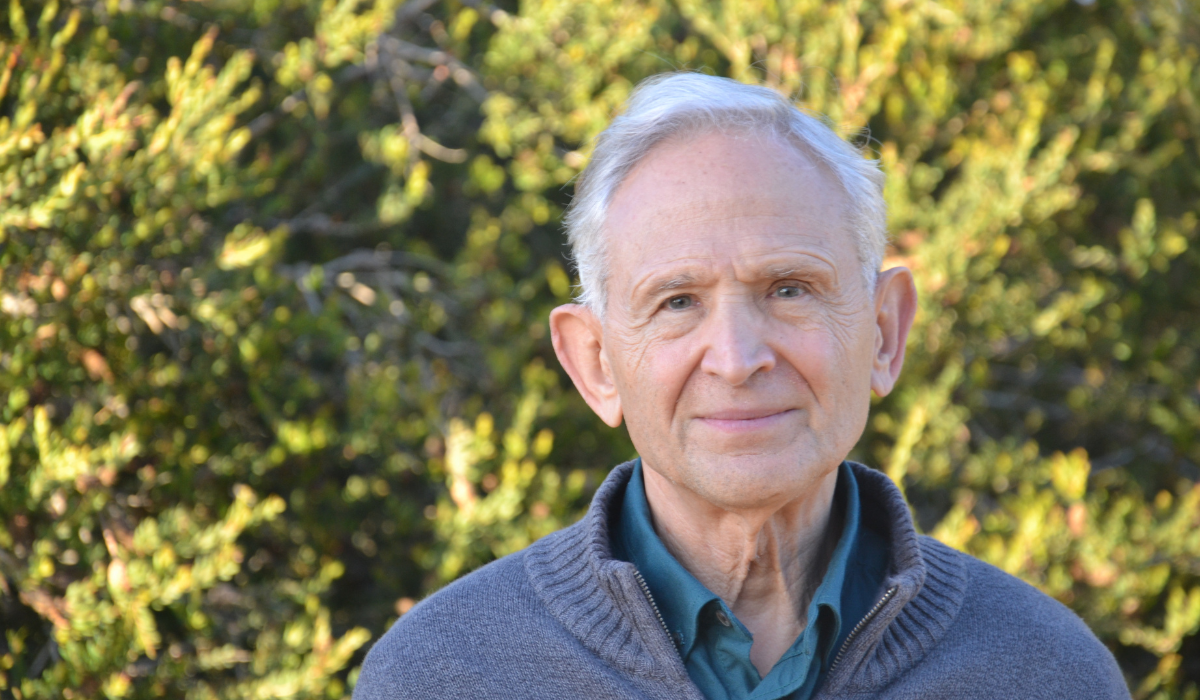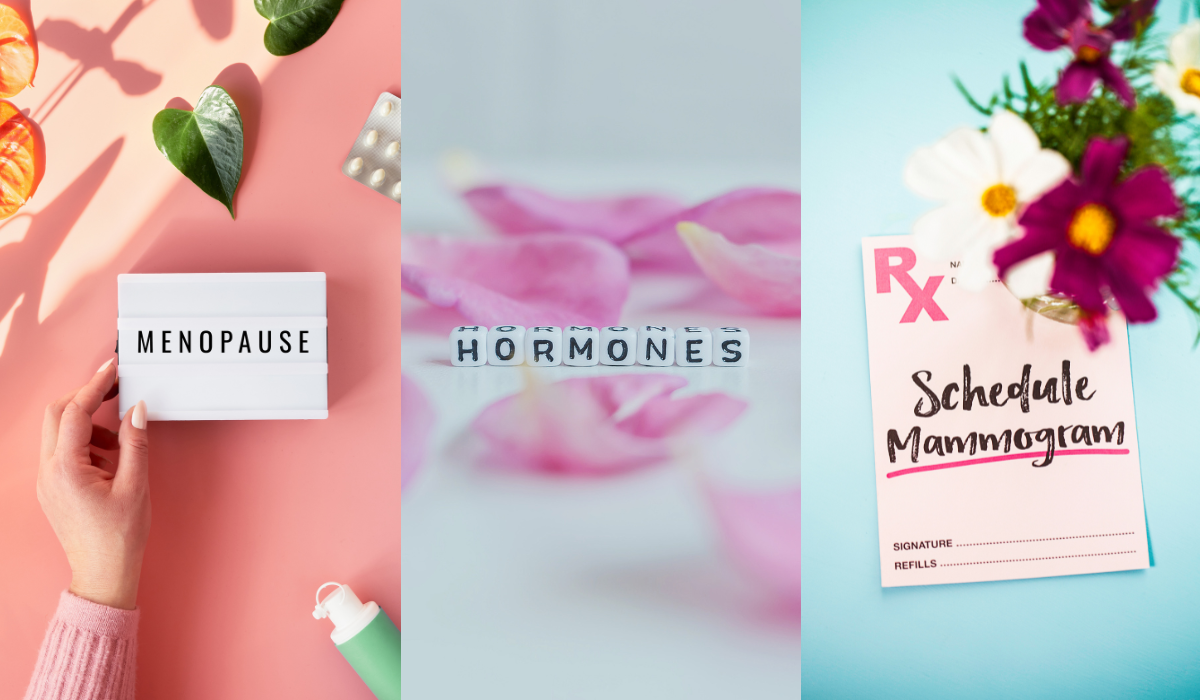“Menopause Brain” Is Real—but It Doesn’t Have to Be Your Undoing. Dr. Lisa Mosconi Shares the New Science
For far too long, women’s health has been under-studied and as a result, women have suffered. This is especially true when it comes to the female brain.
Women have twice the risk of depression and anxiety as men. We’re four times more likely to have headaches and migraines. We’re more likely to develop certain brain tumors, and to die of a stroke if we have one. And we make up a staggering two-thirds of Alzheimer’s diagnoses.
We’re collectively starting to do something about this woeful lack of sex-specific research. Consider the first-ever White House Initiative on women’s health research, which will infuse $12 billion into studies that will hopefully get women and their healthcare providers the answers we so desperately need and deserve.
Thankfully, a handful of trailblazing scientists have been doing their part to study women for years—and neuroscientist Lisa Mosconi, MD, is one of them. Her groundbreaking research has uncovered how and why women’s brains age differently than men, and how hormones play a big role in brain health.
This week, The Sunday Paper sat down with Dr. Mosconi to discuss her new book, The Menopause Brain, in which she shines a light on what years of her research has uncovered: The menopause transition changes the female brain as surely as it changes our ovaries, which influences everything from our body temperature and mood to memory and even cognitive decline later in life. Knowing this can help us conquer our symptoms, stave off dementia, and even emerge from menopause with what Dr. Mosconi calls a “leaner, meaner brain.”
A CONVERSATION WITH DR. LISA MOSCONI
In your new book, you outline how and why menopause impacts the brain just as much as the ovaries. What do you most want every woman to know about her brain on menopause?
I aim to empower every woman with the knowledge that menopause impacts not just her reproductive system, but also her brain. It’s essential for women to understand that the changes occurring in the brain during menopause are an expected part of the transition—which can, however, bring on many of the most bothersome symptoms of menopause.
When women experience hot flashes, night sweats, insomnia, depressive symptoms, anxiety, brain fog, memory lapses—those are neurological symptoms that, at a minimum deserve acknowledging and, more broadly, require attention. By understanding how menopause affects the brain, women can better navigate this phase of life with confidence and resilience.
Your research shows that menopause can provoke vulnerability in the female brain. Can you explain some of the ways menopause negatively impacts the brain?
When I started studying the impact of menopause on the brain, I soon realized two important facts:
First, very few brain studies looked at menopause at all.
Second, the few that did were focused on women who were well past menopause, often in their 60s and 70s.
In other words, menopause has been mostly studied in terms of its effects on the brain after the fact. More like a product than a process.
My team and I have focused instead on what leads to those outcomes, up to and through menopause. To give you a sense of how dire the situation looked when we started, there wasn’t a single study that examined women’s brains before and after menopause—and no studies that compared women at different stages of menopause, either.
In 2017, we published the first brain imaging study showing that women at the postmenopausal and perimenopausal stages have different brains than those who are premenopausal. As of today, we’ve made significant progress in demonstrating that menopause changes the brain’s structure, functionality, and even its connectivity in fairly unique ways.
Overall, menopause is a neurologically active period, which comes with both resilience and vulnerability.
You also write that there are “hidden powers of the mind on menopause” that too many of us are unaware of. What are some of those positive changes?
Indeed, while menopause can be a challenging transition, the idea that this life event puts women at a disadvantage is one rooted in culture rather than biology. In the Western world, menopause is understood as a deficiency, a syndrome dominated by symptoms, their cures, and an overall loss of wellbeing. As a woman and a neuroscientist, I completely disagree with this notion.
Many experts, myself included, believe that menopause is actually a renovation project on the brain. The brain undergoes a transition because it makes sense to do so. After menopause, all those neurons and connections between neurons that were needed to support ovulation and enable a pregnancy are no longer needed and can be discarded. It’s the brain’s chance to get ‘leaner and meaner’, if you will—this can lead to some glitches, but also has some advantages.
Postmenopausal women are no longer reproductive but can remain markedly productive. Some women report feeling more liberated and experiencing a new sense of clarity and focus post-menopause. The reduction in hormonal fluctuations can also lead to renewed emotional well-being for some. As I describe in The Menopause Brain, this phase seems to promote a deeper connection with one’s body and mind, enhancing empathy and emotional mastery.
Understanding these positive aspects can help mitigate the stigma around menopause and encourage a more balanced perspective. Our minds are powerful.
You’ve been open about Alzheimer’s disease affecting some of the women in your family. What do you personally do to support your cognitive and emotional health? And what are some of the steps all of us can take for better brain health as a whole?
Alzheimer's disease has personally impacted some of the women in my family, which has driven me to prioritize my cognitive and emotional health. I’m a firm believer in the foundational role of diet, exercise, sleep, and stress management in supporting overall health. Personally, I engage in regular exercise, maintain a balanced diet rich in brain-healthy foods, practice mindfulness and stress-reduction techniques, and prioritize quality sleep. Plus, I'm conscientious about minimizing exposure to endocrine disrupting chemicals, as reflected in the total absence of plastic in my kitchen and my decade-long commitment to using organic certified skincare products whenever I can.
These lifestyle habits are considered helpful for supporting brain health and reducing the risk of cognitive decline down the line. Additionally, while I am not in menopause or near it, I am considering some options like hormone therapy for relief of menopause symptoms when the time comes. Generally, whether or not to take hormones is a personal decision that should be made based on an individual's health status, family history, genetic predisposition, and in consultation with a trusted healthcare provider. It's important to have an informed discussion with a doctor who can provide personalized advice, also based on the latest research.
If every woman reading this were to do one thing to feel more empowered about her brain health during the perimenopause transition and beyond, what would that be?
I would like every woman to know this: Yes, your brain is changing during menopause. No, you are not going crazy. And yes, things do improve, and there are solutions available. It is absolutely unacceptable for anyone to dismiss your concerns as being “all in your head.”
If every woman reading this were to do one thing to feel more empowered about her brain health during the perimenopause transition and beyond, it would be to prioritize self-care. It is important to appreciate the significance of proactive brain health during and after menopause. Diet, exercise, sleep, and stress reduction, among others, are all important in maintaining a healthy brain, while recognizing the signs of the menopause brain is vital for seeking timely and appropriate support and medical care. By embracing these practices and knowledge, women can navigate the menopausal transition more effectively, ensuring they not only address immediate symptoms but also lay a foundation for long-term neurological health and well-being.
What is one way you hope your book will change the conversation about menopause?
I hope women feel empowered with knowledge and awareness that they are not alone in their experiences. An increased understanding of the menopause-brain connection can help us navigate this phase with greater confidence and proactive measures. It's about transforming the narrative from one of loss to one of opportunity—highlighting strategies for maintaining brain health, advocating for oneself in medical settings, and fostering a supportive community.
Ultimately, The Menopause Brain is a love letter to womanhood and a rallying cry for all women to embrace menopause without fear and move through the transition armed with facts and information. I hope this book will spur many a discussion, not only about the complex topic of menopause but also about the way in which we have dismissed and marginalized various important parts of our population.
Not only is this crucial to shift the conversation about menopause, but essential in reinvigorating the voice of “the forgotten gender”—individually, and as half the world.

Dr. Lisa Mosconi is the director of the Weill Cornell Women’s Brain Initiative and the author of The Menopause Brain: New Science Empowers Women to Navigate the Pivotal Transition with Knowledge and Confidence.




